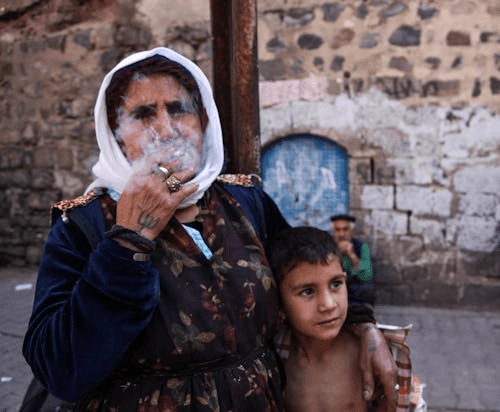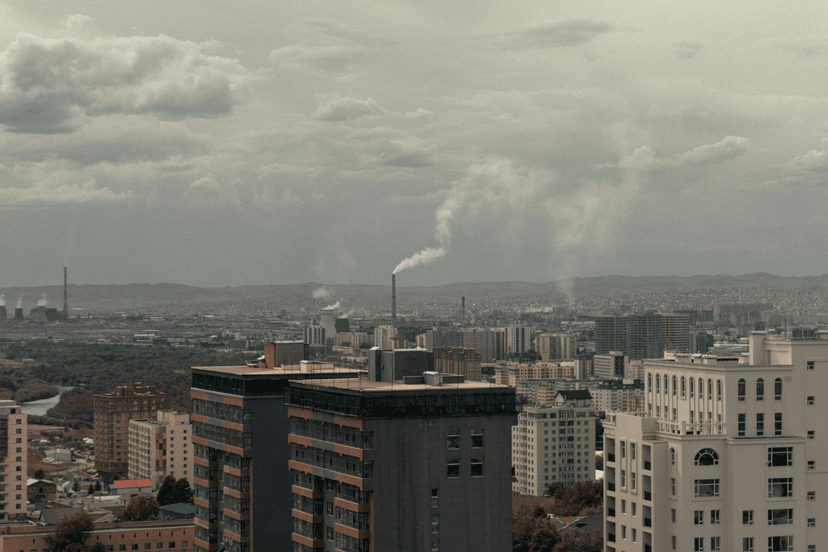How Air Pollution Affects Children: A Growing Crisis
Published on November 24, 2024

Air pollution isn’t just an environmental issue—it’s a direct threat to the health and future of children. Due to their developing lungs and immune systems, children inhale more air relative to their body weight compared to adults, exposing them disproportionately to pollutants like PM 2.5, NOx, and ozone. This exposure can lead to chronic respiratory diseases, reduced lung function, and even cognitive impairments.
Research shows that children living in polluted areas are more likely to miss school due to asthma and other pollution-related illnesses. The long-term impacts are equally concerning, with increased risks of cardiovascular diseases later in life. To protect them, governments and communities must prioritize clean energy, stricter emissions regulations, and green spaces. Parents can also play a role by monitoring local AQI and using air purifiers at home. Safeguarding children from air pollution is an investment in a healthier future.

